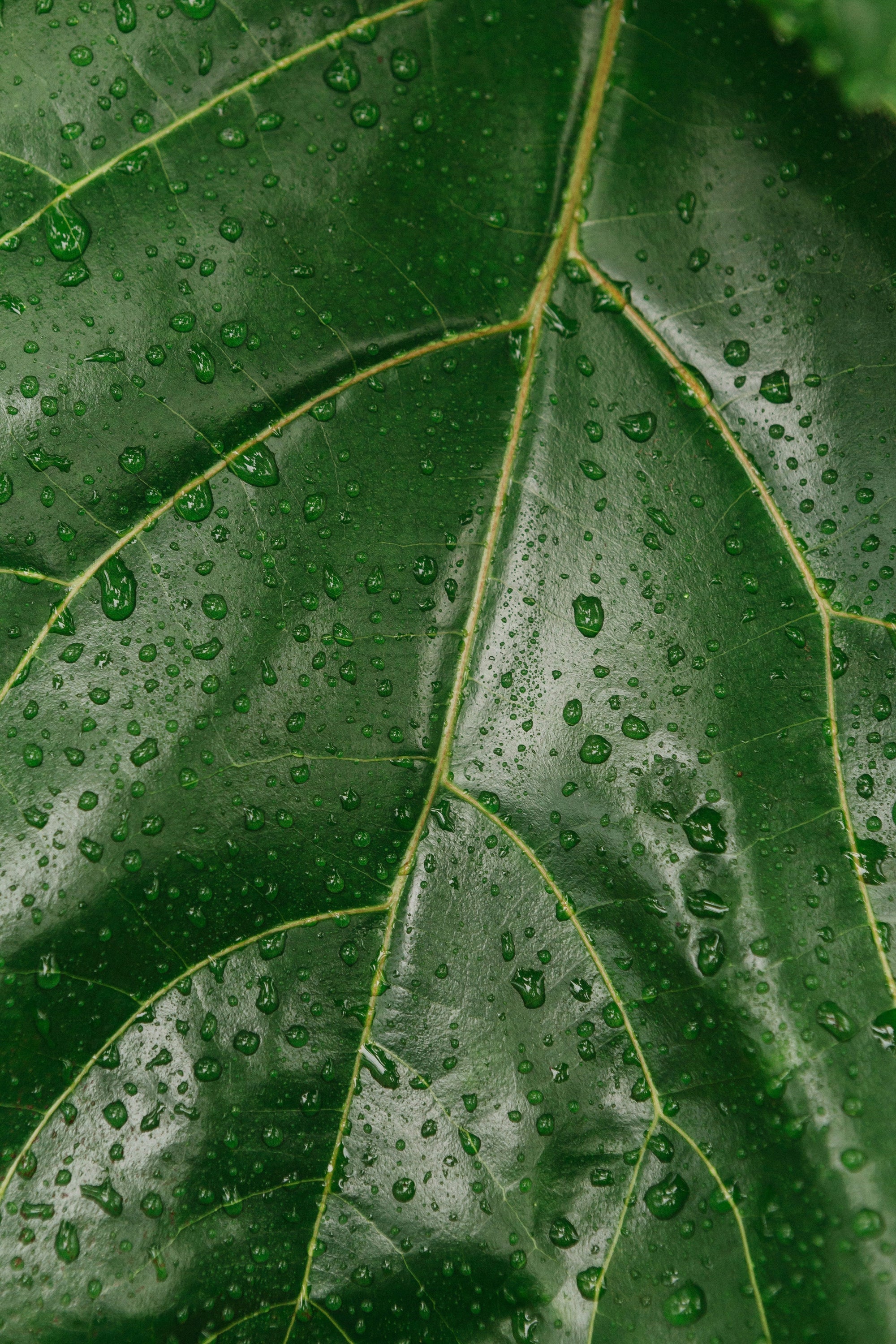When it comes to skincare, few topics are as misunderstood as hydration vs. moisturization. Many people use these terms interchangeably, assuming they mean the same thing. However, understanding the difference between hydrating and moisturizing is crucial for maintaining healthy, glowing skin—especially when using organic and natural skincare products.
In this guide, we’ll break down the science behind hydration and moisturization, explore how they impact your skin, and help you choose the best natural ingredients to keep your skin nourished and radiant.
Hydration vs. Moisturization: What’s the Difference?
At its core, hydration refers to water content in the skin, while moisturization focuses on locking in moisture to prevent water loss.
- Hydration: This involves increasing the water content in your skin cells. Hydrated skin looks plump, smooth, and radiant.
- Moisturization: This process creates a protective barrier on the skin to seal in hydration and prevent water from evaporating.
Think of it this way: if your skin is dehydrated, it lacks water and may feel tight or dull. If your skin is dry, it lacks oil and may feel rough or flaky.
Signs Your Skin Needs Hydration
Dehydrated skin can affect all skin types, including oily skin. If you notice any of the following signs, your skin may be lacking hydration:
- Dullness and lack of radiance
- Fine lines that appear more pronounced
- Tightness or discomfort, especially after cleansing
- Increased oil production (yes, dehydration can trigger excess oil!)
Signs Your Skin Needs Moisturization
Dry skin lacks oil and often feels rough or flaky. If you experience any of these symptoms, your skin may need more moisture:
- Flakiness or rough texture
- Redness or irritation
- Persistent dryness, even after applying skincare products
- A compromised skin barrier, leading to sensitivity
How Organic and Natural Skincare Can Help
Many conventional skincare products contain synthetic ingredients that can strip the skin of its natural oils or disrupt its moisture balance. Organic and natural skincare products, on the other hand, work with your skin’s natural processes to restore hydration and moisture without harsh chemicals.
Best Natural Ingredients for Hydration
If your skin is dehydrated, look for ingredients that draw water into the skin:
- Aloe Vera – A natural humectant that soothes and hydrates
- Hyaluronic Acid (plant-derived) – Holds up to 1,000 times its weight in water
- Cucumber Extract – Refreshes and replenishes moisture
- Rose Water – Hydrates while balancing the skin’s pH
- Glycerin (plant-based) – Attracts water to the skin for lasting hydration
Best Natural Ingredients for Moisturization
To seal in hydration and prevent moisture loss, opt for ingredients rich in nourishing oils and butters:
- Shea Butter – Deeply moisturizing and rich in vitamins
- Coconut Oil – Helps strengthen the skin barrier
- Jojoba Oil – Mimics the skin’s natural sebum for balanced hydration
- Avocado Oil – Packed with essential fatty acids for intense nourishment
- Beeswax – Creates a protective barrier without clogging pores
How to Build the Perfect Hydration & Moisturization Routine
To achieve healthy, balanced skin, you need both hydration and moisturization. Here’s how to incorporate organic and natural products into your routine:
Step 1: Cleanse Without Stripping
Use a gentle, sulfate-free cleanser that removes impurities without drying out your skin. Look for aloe vera, chamomile, or green tea extracts for soothing hydration.
Step 2: Hydrate with a Toner or Essence
Apply a hydrating toner with rose water, cucumber extract, or hyaluronic acid to replenish moisture.
Step 3: Apply a Hydrating Serum
A serum with hyaluronic acid, aloe vera, or glycerin will help draw water into the skin.
Step 4: Lock in Moisture with a Natural Oil or Cream
Seal hydration with a moisturizer containing jojoba oil, shea butter, or avocado oil to prevent water loss.
Step 5: Protect with SPF
A natural mineral sunscreen with zinc oxide will shield your skin from environmental damage while maintaining hydration.
Final Thoughts: Finding the Right Balance
Understanding the difference between hydration and moisturization is key to achieving healthy, radiant skin. By choosing organic and natural skincare products, you can nourish your skin without exposing it to harsh chemicals.
Whether your skin craves hydration, moisture, or both, the right ingredients can make all the difference. Listen to your skin’s needs, and embrace the power of nature for a truly glowing complexion!
